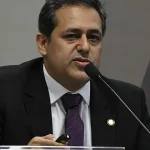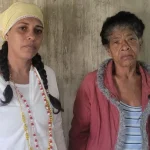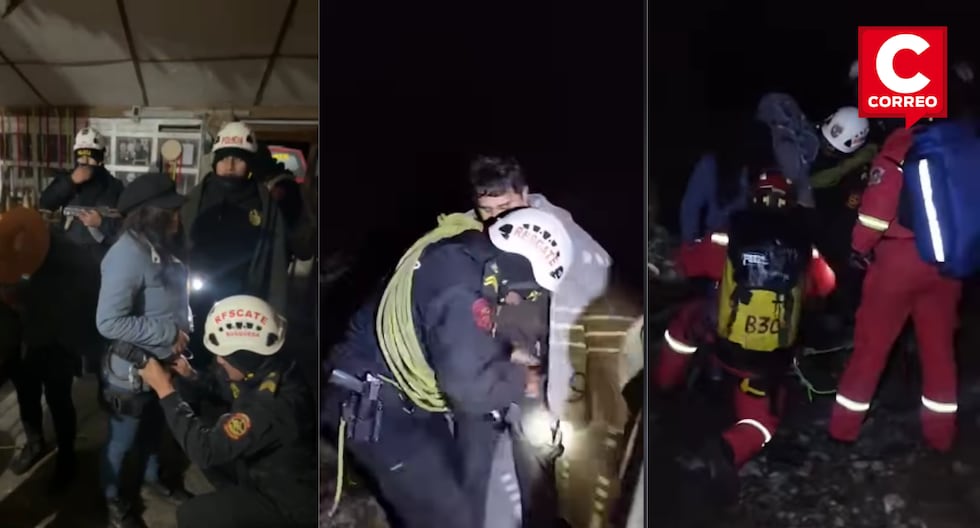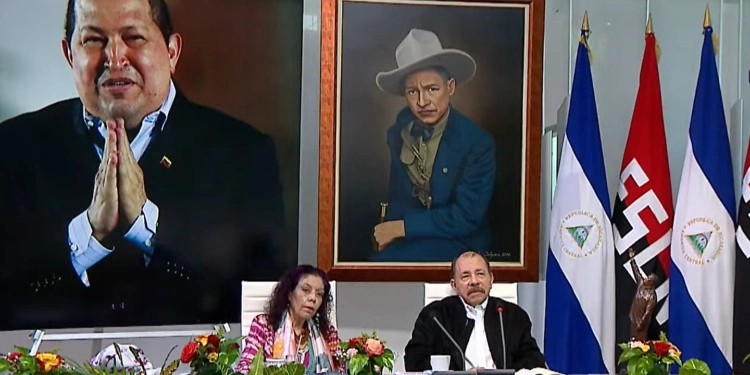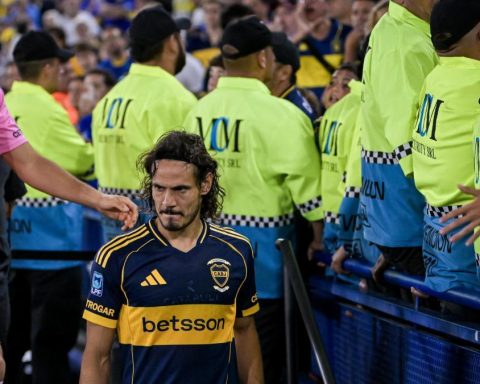AND
It’s good news that Andrés Manuel López Obrador (AMLO) has resumed the Mexican foreign policy of non-interference in the internal affairs of any country, specifically now with the Republic of Venezuela in the face of blatant interventionism by the United States, accompanied by a chorus of Latin American countries with right-wing governments that act as second and third voices.
The two statements that AMLO signed in recent weeks together with Presidents Gustavo Petro of Colombia and Lula da Silva of Brazil were more of an ultimatum for Maduro to make known the minutes of the electoral process
.
Secretary of State Antony Blinken slipped through the cracks in these statements to declare that in the case of Venezuela, the United States was working with its Latin American partners to pressure the Maduro government. Unfortunately, the statements did not take into account the situation in Latin America and in Venezuela itself, and remained texts without context. Nor did they point out the background of the Venezuelan situation and the role played by the United States and the local right in trying to overthrow the regime that the Venezuelan brothers have freely given themselves, led in their first stage by Hugo Chávez from 1999 to 2013, the year of his death, and then by Nicolás Maduro until now.
Over the course of those years, Venezuelans, faithful to representative democracy, went to the polls some 30 times in both presidential and state elections, with Chavismo consistently obtaining the same proportion of majority votes; with one exception. In 2007, the constitutional referendum was voted on, through which Chávez and the National Assembly proposed the modification of 69 articles that would lead the country toward a 21st century socialist republic. Venezuelans hesitated and the Chavistas lost by 1.31 percent of the votes; however, they respected the voters’ decision. On that occasion, invited to Caracas by the University of Latin American Workers (UTAL), I participated in a workshop on the organization of workers on the Continent, and attended the march and mass rally where President Chávez explained to the masses the need to respect the referendum, asking his supporters to remain calm, but also calling to order the right-wingers who were using the commercial television channels calling for a seizure of power through a revolt that involved the cowardly murder of young people of mulatto or indigenous appearance, inhabitants of neighborhoods where the vote had been favorable to Chavismo.
Of course, the violence of the racist right inhibited the full participation of the people, but Chávez himself found in self-criticism the way to strengthen the political connection with the masses, recomposing his administrative apparatus to focus on two key aspects: security and food distribution. For its part, the government of Nicolás Maduro has faced difficult situations of the highest voltage. One of them, the self-proclamation of the opposition in the National Assembly, and of Juan Guaidó himself as president in 2019 – outside of all legality – with which they kept the Maduro regime and Venezuelan society in a situation of economic instability, due to the looting of its resources in banks in England and the United States, and the commercial blockade that even now reaches third countries. The parties in the Assembly favorable to Guaidó withdrew their support when the military coup that he had prepared with the support of the main officials of Donald Trump, then president of the United States, failed.
As we can see, for 25 years the Chavistas have won the presidential elections and in each one the right-wing opposition, with the help of the US, has come out to say that these are fraudulent elections, as it is doing now. But the Chavista regime has been consolidating itself with the innovation of the communes as alternative forms of government that, not without difficulties, like any new social experiment, are gaining ground among the population with forms that are contrary to those inherited from the colony and from independent republicanism. At the same time, the experience of leading the country has given the government a great capacity to resist this and any other attack.
Mexico is currently dealing with issues of the greatest importance for its immediate future, but we must not forget the strategic nature of Bolivarian Venezuela for the liberation of Latin America, and the duty of being present with our solidarity as Latin American brothers.
* Research professor at El Colegio de Sonora





